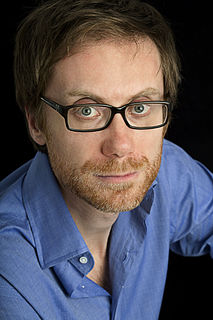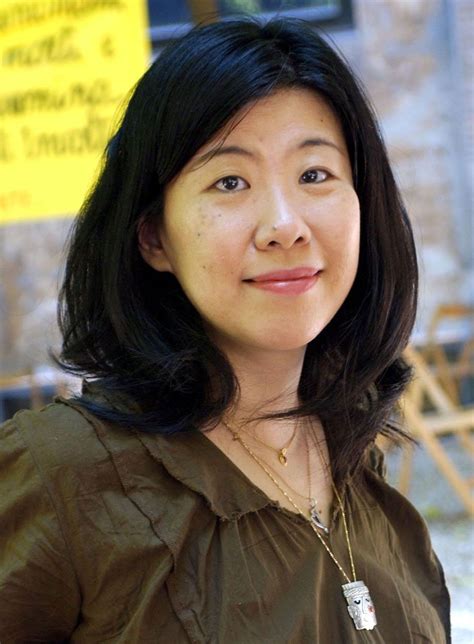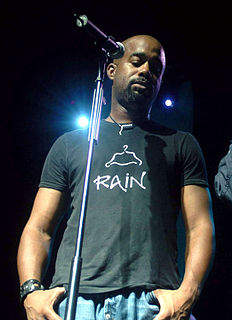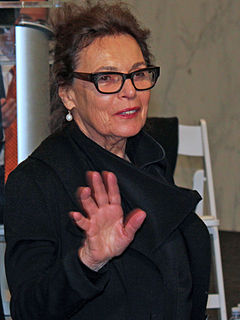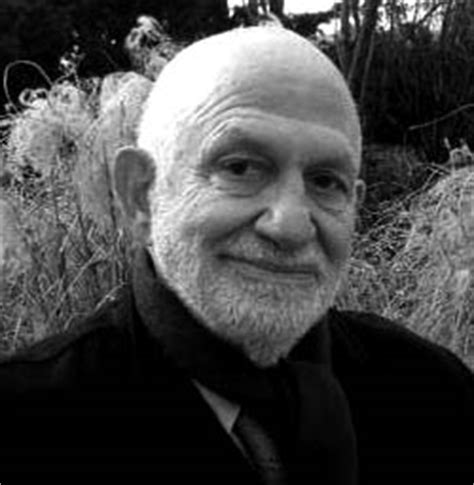A Quote by Mustafa Ali
I want to change how people perceived me when I came over here, change how the people perceive South-East Asians or Middle Eastern or Muslim or Hindu or whatever their identity is. I want them to just let that go and treat the performer as a performer.
Related Quotes
Improvisation in general is good, and improvising material into themes, turning the material into something codified and repeatable, taught me scenic structure and dramatic gambits that work and things that are appealing both as a performer and an audience member, like you know, what does "want" really mean in a scene, and how do you achieve your want, and how is that expressed, and how do you achieve closure? Those are all things that I learned performing at the cabaret after just doing the same scenes over and over and over again over the years, with my own ability to change.
There seems to be something in the zeitgeist, and maybe it's a function of - I'm no analyst, nor am I a psychologist - when you look at things and say, What if I could go back and change things? I think we live in a world right now where people are asking those questions a lot. What if we could go back and change what we did? How would we change the way we handled things in the Middle East, and how would we change things with the banking industry, and how would we change economic and educational issues?
When I get hired as an actor as opposed to a writer, one of things that's exciting for me is doing stuff I wouldn't normally do myself. So whether it's a kid's movie or a voice in animation or in this case - where I just get to be silly, it's a different kind of comedy for me. As a performer, it's a different pleasure than when you're writing or directing. As a performer, you're just in the hands of the director and you go with whatever they want to do.
I was neurotic for years. I was anxious and depressed and selfish. Everyone kept telling me to change. I resented them and I agreed with them, and I wanted to change, but simply couldn't, no matter how hard I tried. Then one day someone said to me, Don't change. I love you just as you are. Those words were music to my ears: Don't change, Don't change. Don't change . . . I love you as you are. I relaxed. I came alive. And suddenly I changed!
Addiction is more malleable than you know. When people come to me for therapy, they often ask me whether their behavior constitutes a real addiction (or whether they are really alcoholic, etc.). My answer is that this is not the important question. The important questions are how many problems is the involvement causing you, how much do you want to change it, and how can we go about change?
Those are the stakes that are constantly there and how do those stakes change you? How does that change the person you are? If it does just turn out to be about survival then is that living? How does that make you, you? How does that change your identity? That picture of the governor, his wife, and his daughter, he wasn't that guy before this all started. People dying around him changed him into that.






